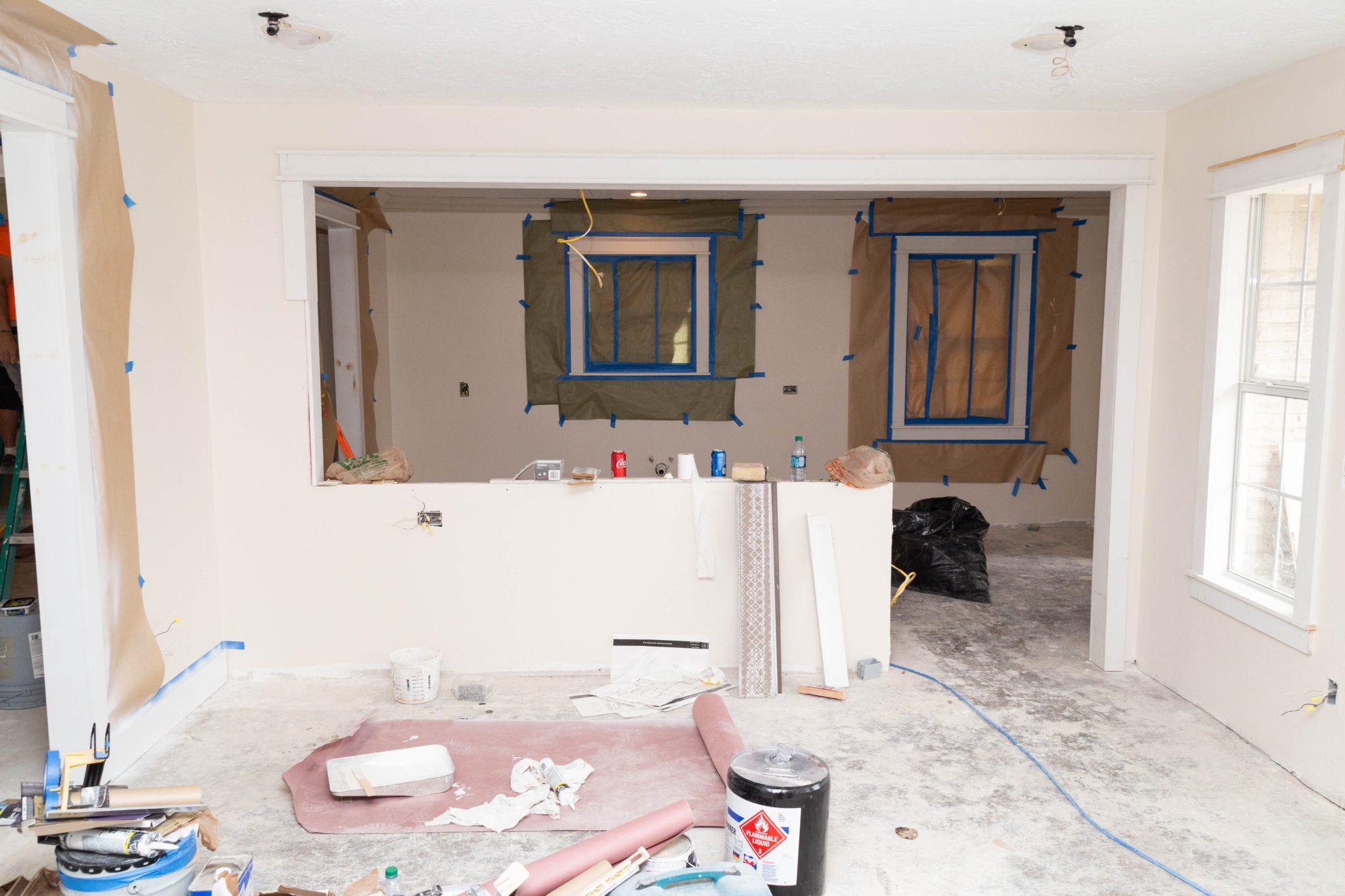A home renovation can bring some much-needed comfort and elegance into your home while adding value to it at the same time. However, along with the excitement that comes from starting the project, unfortunately, dust, stress and unforeseen expenses can come with it as well. After 25 years of doing commercial and residential remodels, we have come up with a few tips to help you see your project through to the end!
1.- Create a reliable communication system
Make sure to maintain a productive and professional relationship with your contractor. Exchange each other’s information across many platforms, multiple lines of communication will help document the renovation and reduce the risk of confusion.
2.- Create a timeline with your contractor.
The timeline should highlight the dates certain aspects of the renovation will be expected to be done. However, keep in mind that timelines may be subject to change due to weather or unforeseen events. Not long ago we found termites during the demo stages of a project, this caused a delay and added 10 days of extra work that had to get done. Unfortunately, running into these types of problems can be a common occurrence. This makes the first step of having a reliable communication system crucial. Make sure to have a physical and digital calendar so you can follow the progress.
3.- Remove all furniture.
During the renovation project, especially during demo stages, dust will be everywhere! Make sure to clean the space in advance of any, wall hangings, valuable items, etc. from the remodeling area. This will ensure items will remain undamaged throughout the renovation. If possible store any items you do not need in a garage, this will prevent your space from becoming too cluttered.
4.- Keep Your Items Safe From Theft or Misplacement:
Whether located in the work area or not, any items of monetary value: jewelry, cash, precious metals, even some prescription drugs should be removed from the home and placed in a safe deposit box. If you have a home safe, store them there. You don’t want to play the blame game with your contractor or their workers, especially if it turns out your child misplaced something.
5.- Keep children and pets AWAY
During the renovation process, there will be all kinds of tools, nails, and pieces of wood among other things that can hurt your loved ones. It’s important to realize that the contractors are focused on doing their job right. Any distraction can become a risk for them. Kennels away from the work area, or keeping the pet outside and out of harm’s way can benefit both your pet and the workers.
6.- Determine your budget.
Ideally, this should be one of the first things that you do. Before you can decide how big of a project you can take on, it’s imperative to really figure out how much you can afford to spend.
If you’re looking to make major renovations on your house with more money than you may have on hand, you have the option of applying for a home equity loan or home equity line of credit. And while HELOCs now face more restrictions as to whether the interest rate is deductible on your taxes due to the passing of the Tax Cuts and Jobs Act in December 2017, when the money is used for home improvement purposes you still have the benefit of being able to deduct that interest (for up to $750,000 of debt, including your home mortgage) each year. You can also explore other options to fund your home improvement with a reverse mortgage, contractor financing or FHA Title 1 loan, among others.
7.- Get a realistic scope of the project.
With your budget in mind, figure out what you want to see completed. Are you going to demo your old kitchen and open it up to your living room? Or are you simply looking to give it a fresh look with newly painted cabinets and cabinet pulls? Remember to have a little bit extra on the side in case unforseen problems arise. That way it’s already factored into your budget numbers.
8.- Who Pulls the Permits?
Contractors will apply for the building permit and see it through the entire process. This is one of the services that contractors perform that make your life easier. Contractors often have a rapport with staff members at permitting offices and they understand the complexities of the permit process. Rarely do homeowners have to deal with permits. All permit fees will typically be listed separately on the contract, but the charge for dealing with permits will be included in the contractor’s commission.
We hope that this guide will aid you through the renovation process. If you’re in need of extra help, or need contractors with experience and communication skills, please don’t hesitate to contact our office for a quote.

